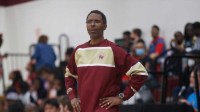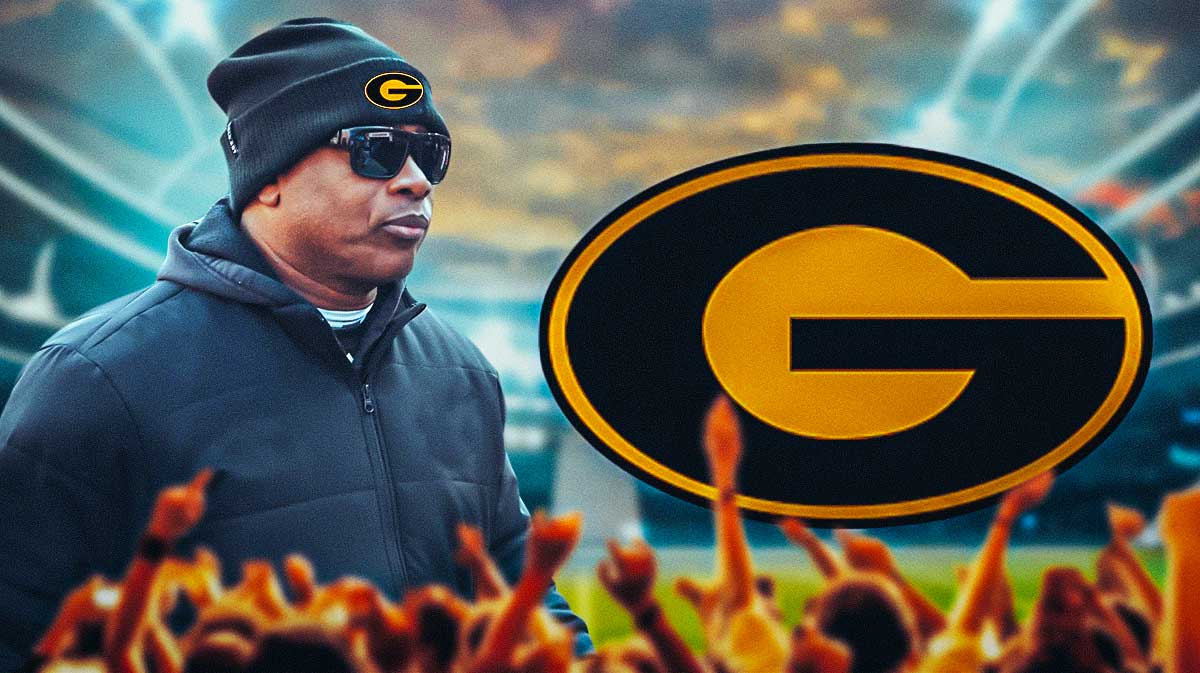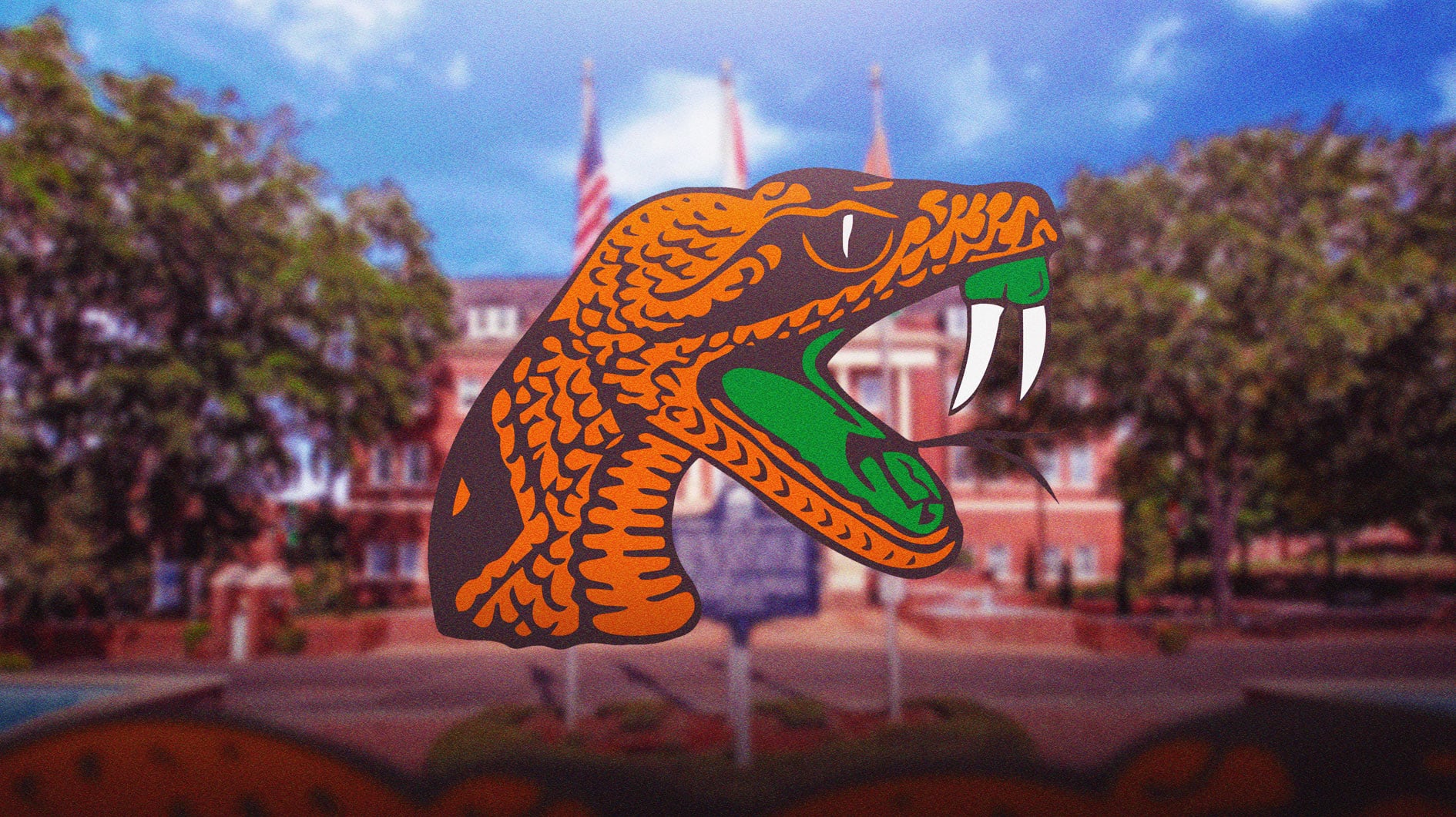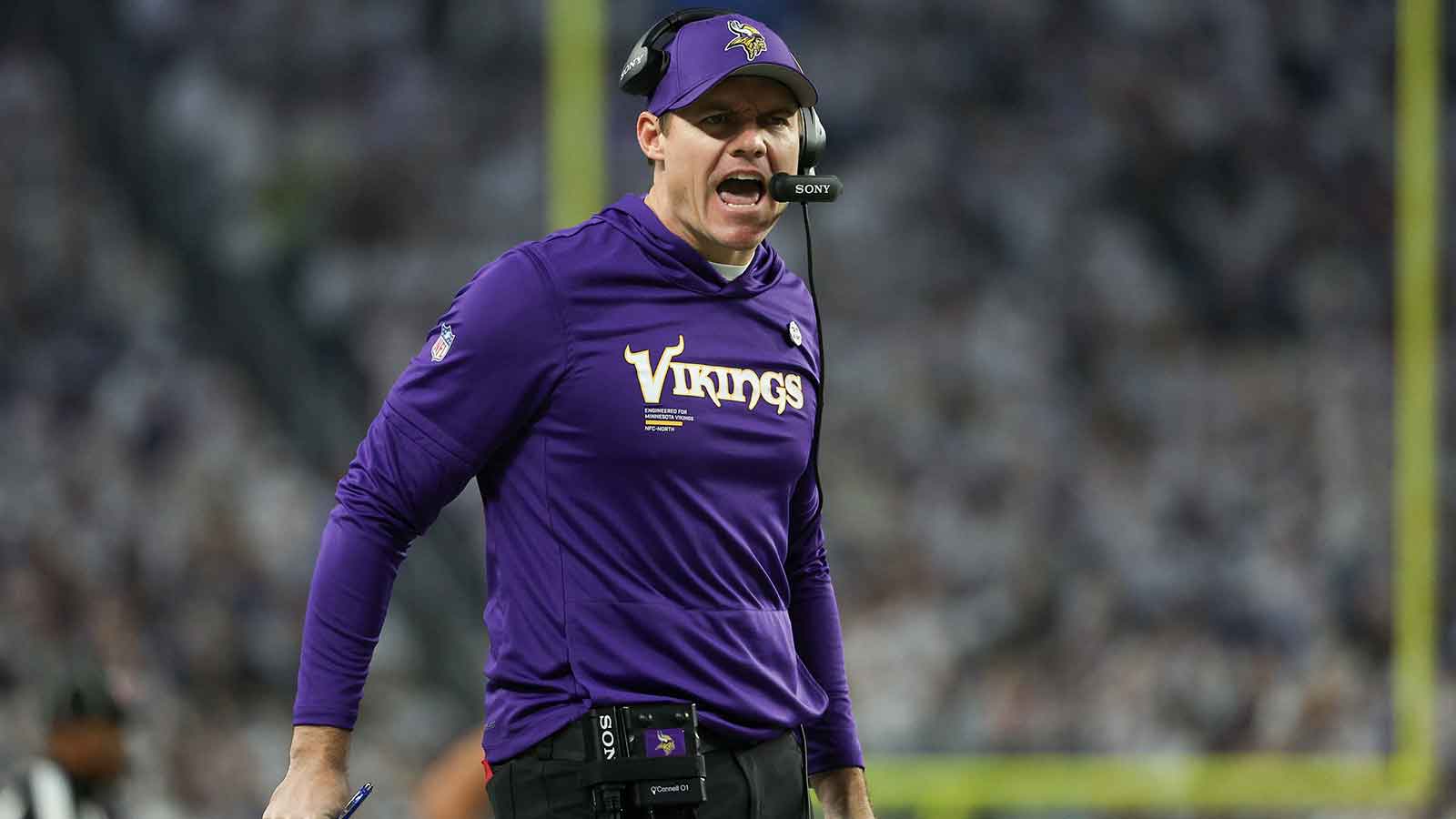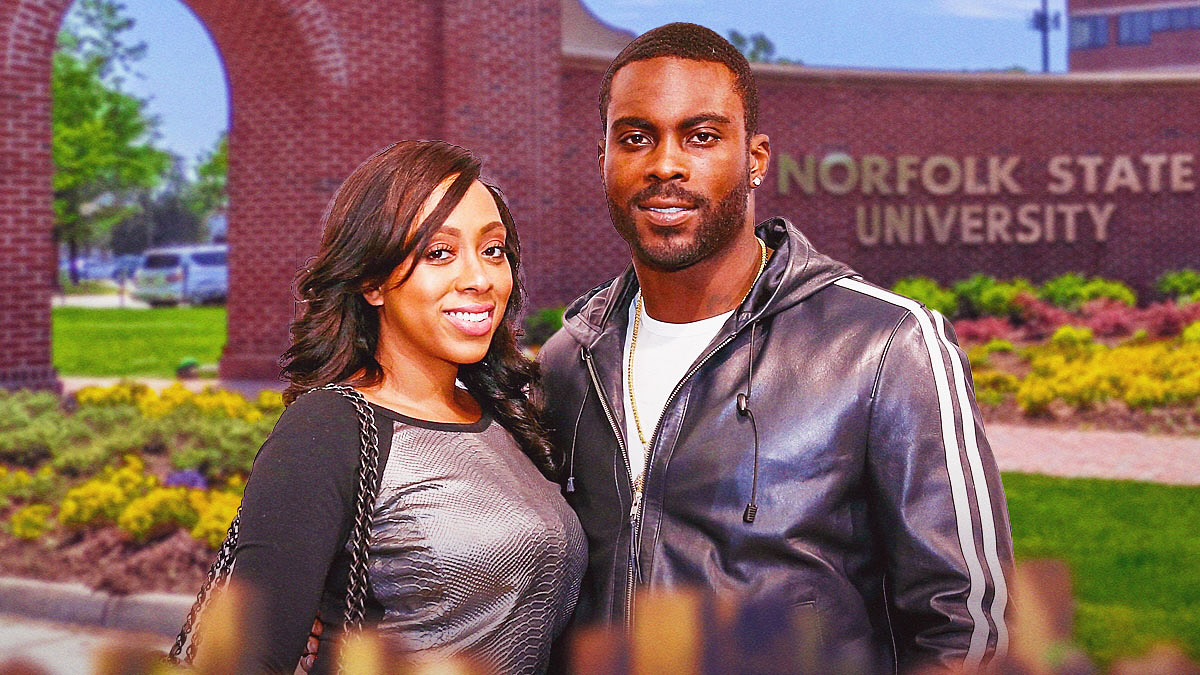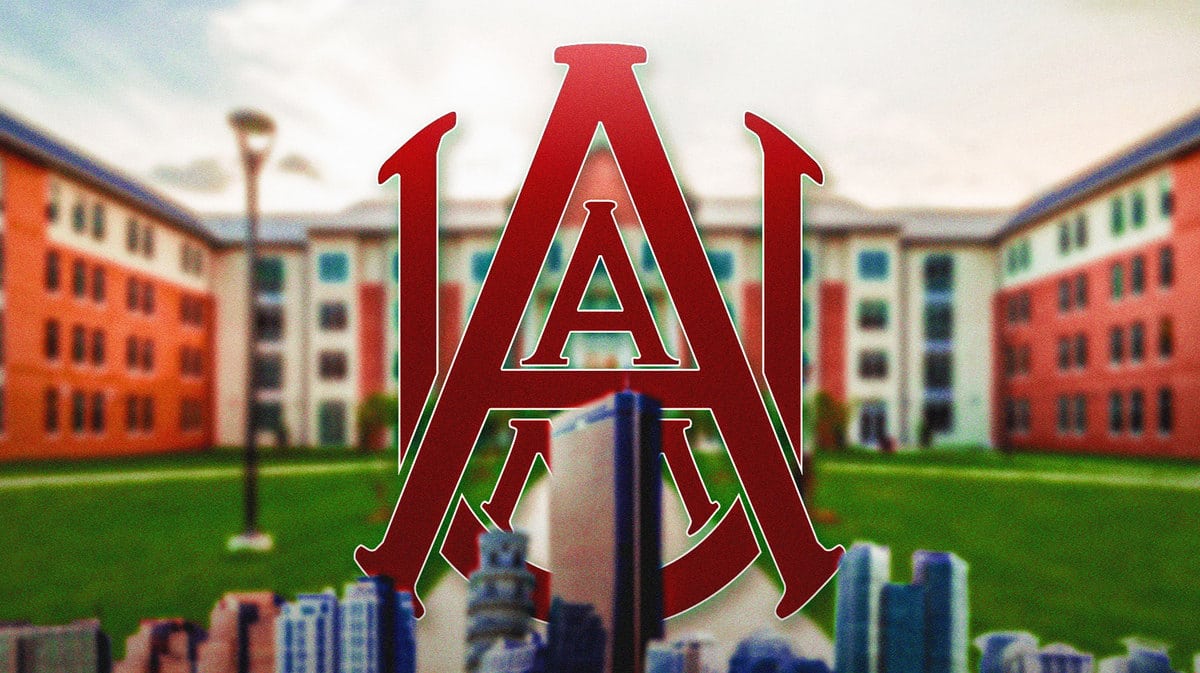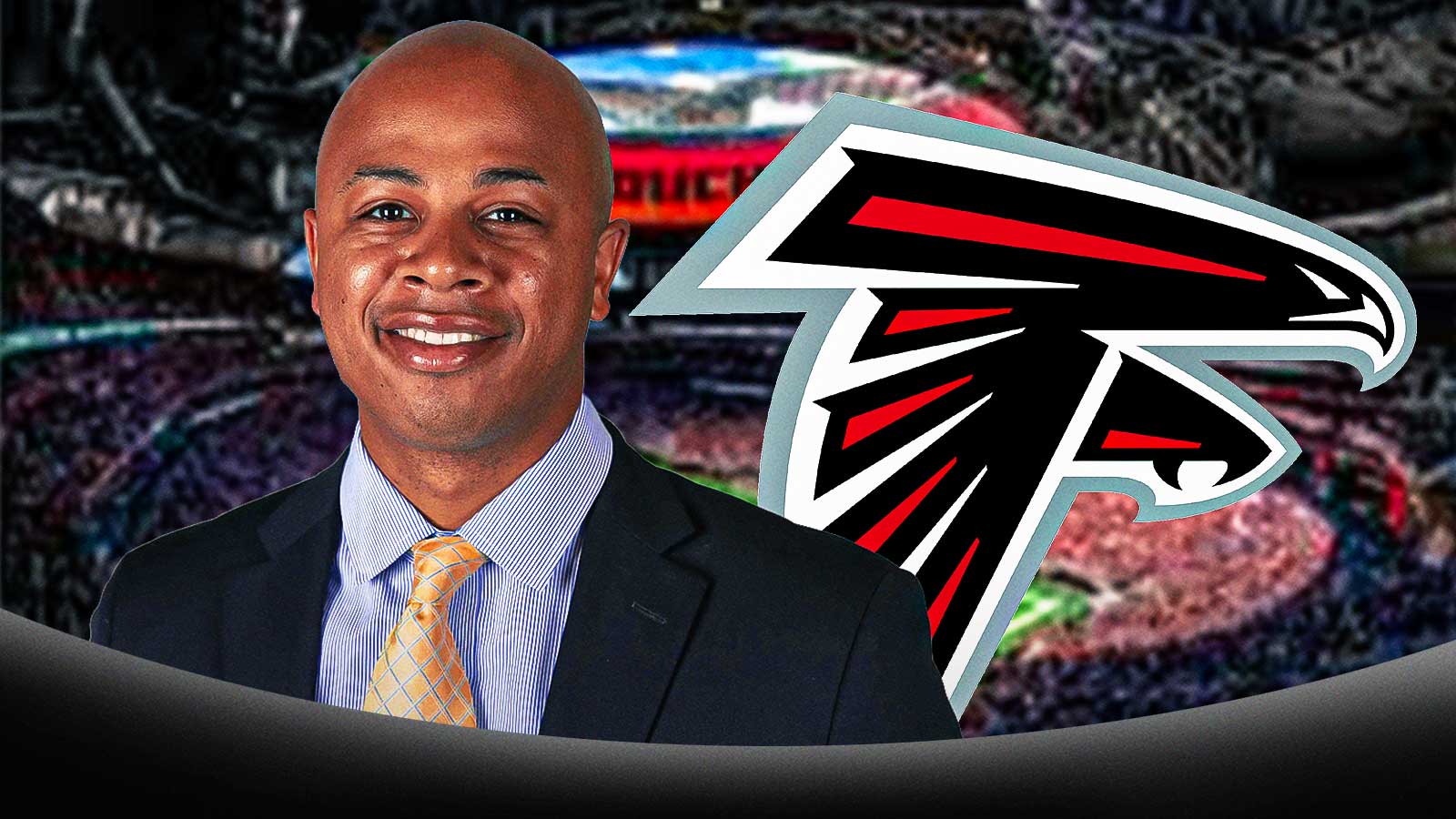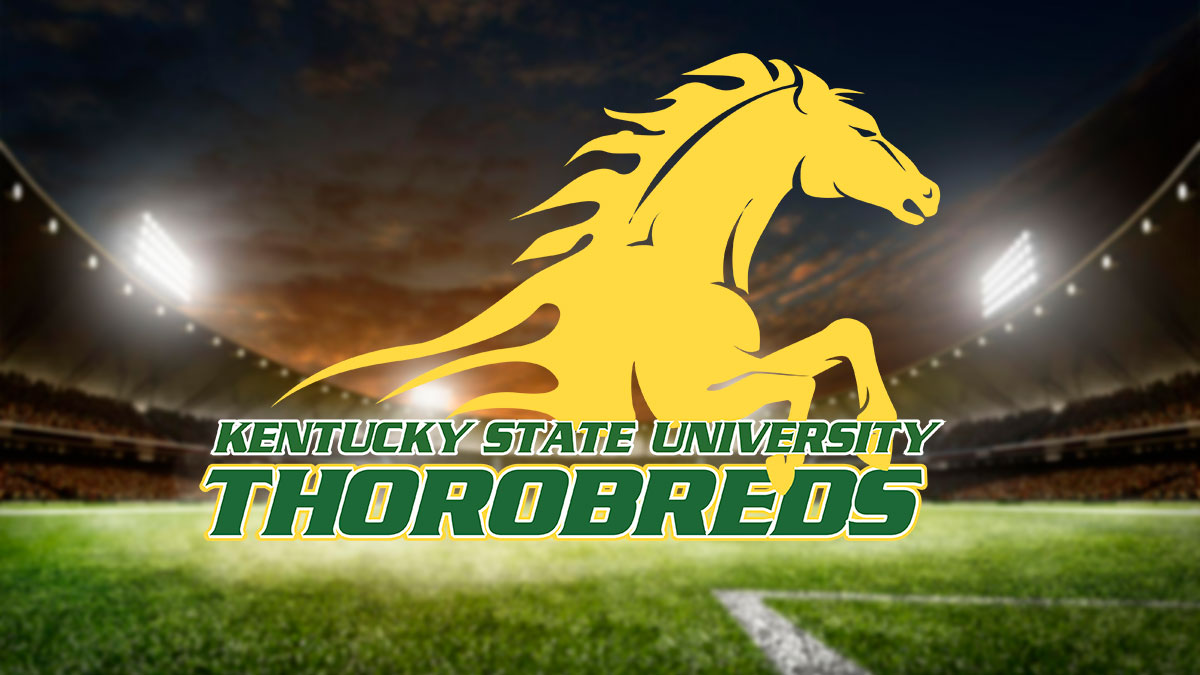The Yale men’s polo team recently kicked off their fall season with a groundbreaking match against Morehouse College, marking a significant moment as Morehouse becomes the first polo team at an HBCU in the United States.
After two years of discussions between both college clubs and support from the Afro-American Cultural Center at Yale, Calaway Swanson ’25 and Morehouse Polo President Tyrsten Williams organized this historic event. The hope is that this match will evolve into an annual tradition, inspiring others in the process.
“One of Morehouse polo’s goals is to inspire other HBCUs and people of color to not only play polo … but to be in places that they might want to be in, but may not have the chance to be in,” Williams shared. “The partnership with Yale is a great chance to encourage others to follow their passions.”
Morehouse College has long been a pioneer in various fields, and the establishment of its polo team is a continuation of that legacy. The U.S. Polo Association has officially invited the Maroon Tigers polo club into its ranks, granting them the ability to compete in Intercollegiate/Interscholastic (I/I) division competitions.
The dream of creating a polo team at Morehouse gained traction thanks to local entrepreneur Miguel Wilson, who co-founded the team. With the help of Morehouse students Rian Toussaint, Justin Wynn, Jayson Palmer, and experienced equestrian Caleb Cherry, Wilson leveraged his Ride to the Olympics (RTO) nonprofit to secure funding. Established in 2017, RTO aims to make equestrian sports more accessible to youth who may not typically have exposure to these activities.
The vision for a broader HBCU collegiate polo program is also gaining momentum. Major League Polo (MLP) has announced its initiative to create a “Black Ivy League” collegiate polo program across the 102 HBCUs, mirroring the existing programs in non-Black universities. Through its HBCU Collegiate Partnership Program, MLP aims to provide scholarships, financial aid for arena construction, and essential resources for teams.
During the match, which consisted of four Chuckers (quarters) lasting seven and a half minutes each, Yale narrowly edged out Morehouse with a final score of 16-15. Williams described the game as “very high-energy” and “very competitive,” attributing this intensity to Morehouse’s strong riding background.
Although the teams had discussed the idea for this match for two years, Swanson’s mother, Tonit Calaway, helped the final arrangements come together swiftly in September. The Yale polo team extended hospitality to the Morehouse players by hosting them in their dorms and sponsoring travel and food expenses through Calaway’s company, Topcat LLC.
Expressing gratitude for Yale’s hospitality, Williams noted the significance of the collaboration and the connections forged during the weekend, saying, “I think it was a very monumental collaboration for both teams and a very monumental weekend. A lot of good experiences and good connections were made.”
The weekend also featured a reception at the Afro-American Cultural Center at Yale, co-hosted by the Black Men’s Union. Timeica Bethel, director of the Afro-American House, expressed support for the event, emphasizing the importance of creating a welcoming environment for Morehouse students.
“I wanted them to know that if they consider Yale as a potential next step in their educational journeys, the House would always be here to support them,” Bethel shared.
As the reception concluded, Calaway pledged to donate $10,000 to Morehouse to help grow its polo program, while Swanson and Calaway jointly promised a matching donation to Yale’s team in recognition of their support and vision for the event.
For Swanson, the match symbolizes a new image for polo, a sport that is not just for the wealthy. Williams emphasized the importance of representation in spaces where people of color have traditionally been underrepresented.
Looking ahead, both Swanson and Williams are hopeful that this collaboration will continue, with the possibility of Morehouse hosting Yale polo in Atlanta next year. Swanson expressed a desire for this match to inspire other HBCUs to establish their own programs, breaking down the exclusivity that has historically surrounded the sport.
This landmark event not only marks a significant achievement for both schools but also sets the stage for a more inclusive future in collegiate polo.





